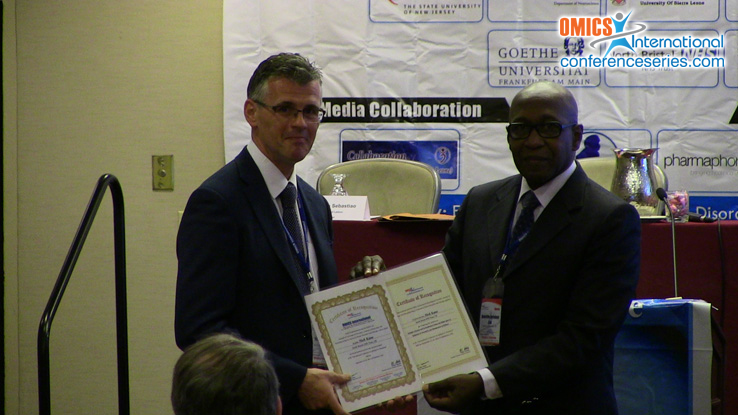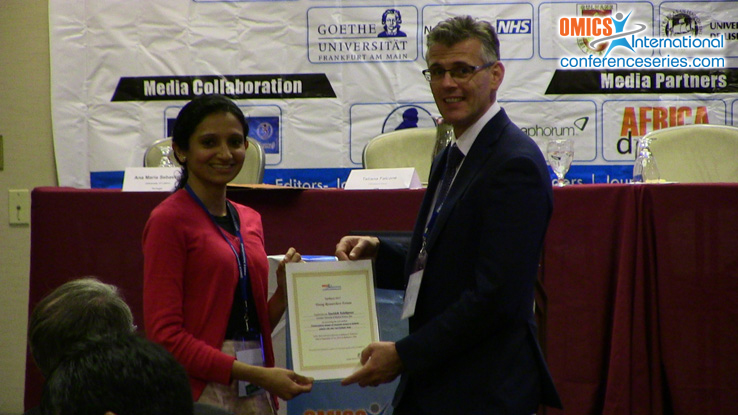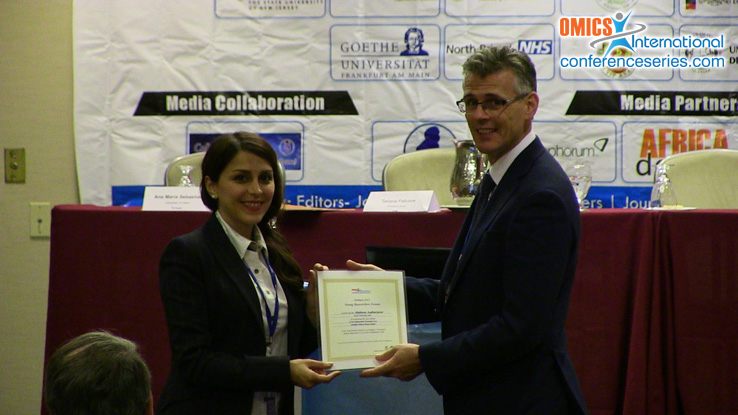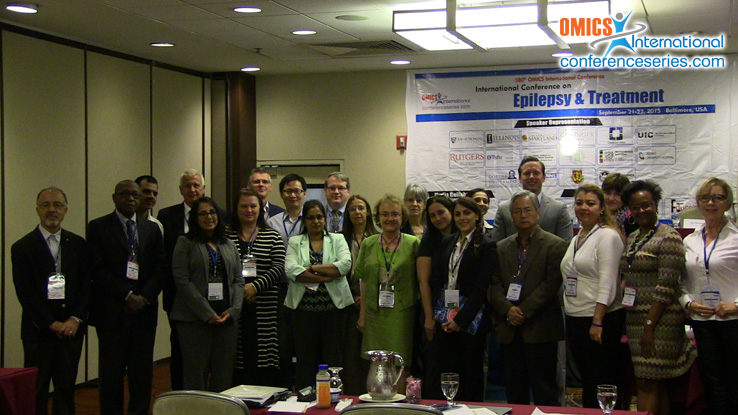
Nick Kane
North Bristol NHS Trust, UK
Title: The Occurrence of Non-Epileptic Events (NEE) in a Pediatric Population with Medically Intractable Epilepsy enrolled on a Pediatric Epilepsy Surgery Program
Biography
Biography: Nick Kane
Abstract
Over a 5 year period (2008 to 2014) 150 consecutive pediatric patients (age range 6 months to 17 years, mean 10.3 years, 76 males) were enrolled in our Pediatric Epilepsy Surgery program. Patients had been diagnosed with epilepsy on clinical and routine EEG grounds, and were deemed pharmaco-resistant based on their failure to respond to 2 or more anti-epileptic drugs at adequate doses for 6 months or more. As part of their pre-surgical work-up patients were admitted for 3 to 5 days of Video EEG (VEEG) monitoring. We prospectively identified epileptic seizures in 124 children (83%), confirming the clinical diagnosis, and/or stereotypic non-epileptic events (NEE) without electrographic changes in 82 (55%). The videoed NEE were reviewed with the patient’s parents or carers, confirmed as habitual and erroneously attributed to ictal activity. This gave a VEEG-confirmed co-existence of epileptic seizures and NEE 50%, compared to 10% to 50% in the Non-Epileptic Attack Disorder literature. We conclude that it is common to encounter concurrent epileptic and non-epileptic events in pediatric patients with medically intractable epilepsy. Our figure of 50% is higher than the reported occurrence of psychogenic nonepileptic seizures in recent retrospective VEEG series of pediatric populations, when the clinical question was the differential diagnosis of epilepsy (33%), including pre-surgical evaluations (19%) Whilst not a contra-indication to epilepsy surgery per se the co-existence of NEE (or PNES) should be borne in mind when managing and counselling pediatric patients.




